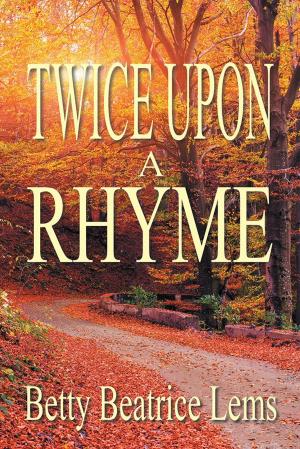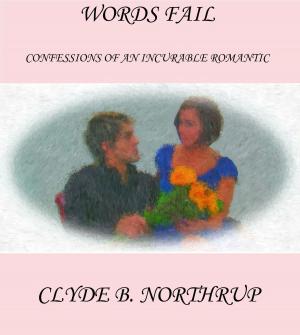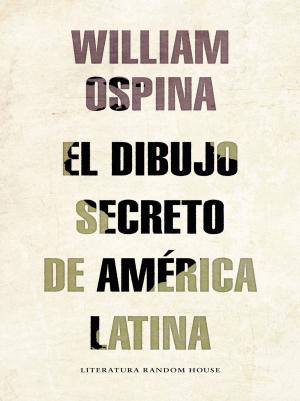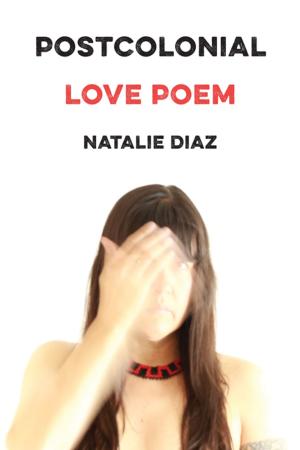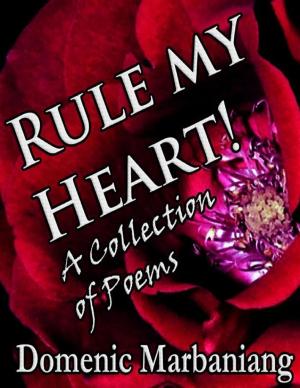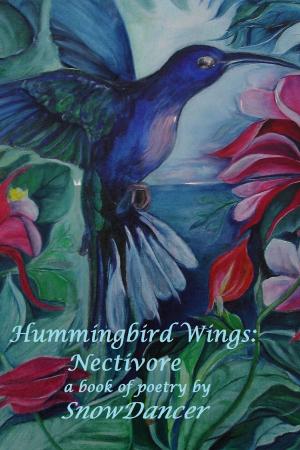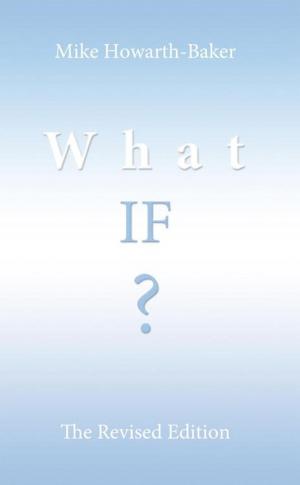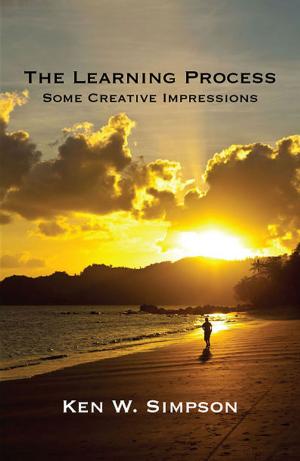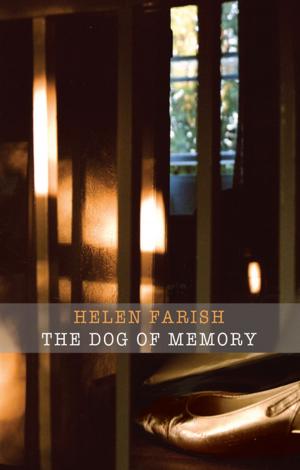| Author: | Brian Robertson | ISBN: | 9781311944962 |
| Publisher: | Brian Robertson | Publication: | May 28, 2014 |
| Imprint: | Smashwords Edition | Language: | English |
| Author: | Brian Robertson |
| ISBN: | 9781311944962 |
| Publisher: | Brian Robertson |
| Publication: | May 28, 2014 |
| Imprint: | Smashwords Edition |
| Language: | English |
BUS STOP HAIKU features Brian Robertson's newest urban haiku -- as well as an excerpt from his helpful workshop on writing haiku. Together, they form a look into Robertson's habit of "poem catching" in the streets of his native Houston as well as Austin, Dallas and other urban centers. The author of Little Blues Book with illustrations by R. Crumb, Robertson approaches the haiku form much as he did with his Street Photography -- capturing moments with depth, sensitivity and humor. As he writes, "Haiku uses words to get beyond words to what is underneath the words."
These 100+ haiku celebrate people, nature and moments in an interdependent world through the lens of haiku. His view records things such as “sparse yellow flowers/ in front of the liquor store/ frankly, do their best” to fractures in the city landscape, as in “flag of surrender/ white sheet across the windshield/ – driver shot himself”
The haiku reflect Buddhist monasteries and temples as well as humor in the bars where he has played the blues for 30 years – “play loud as you want/ the beer is free/ – my drummer swoons”
BUS STOP HAIKU features Brian Robertson's newest urban haiku -- as well as an excerpt from his helpful workshop on writing haiku. Together, they form a look into Robertson's habit of "poem catching" in the streets of his native Houston as well as Austin, Dallas and other urban centers. The author of Little Blues Book with illustrations by R. Crumb, Robertson approaches the haiku form much as he did with his Street Photography -- capturing moments with depth, sensitivity and humor. As he writes, "Haiku uses words to get beyond words to what is underneath the words."
These 100+ haiku celebrate people, nature and moments in an interdependent world through the lens of haiku. His view records things such as “sparse yellow flowers/ in front of the liquor store/ frankly, do their best” to fractures in the city landscape, as in “flag of surrender/ white sheet across the windshield/ – driver shot himself”
The haiku reflect Buddhist monasteries and temples as well as humor in the bars where he has played the blues for 30 years – “play loud as you want/ the beer is free/ – my drummer swoons”

